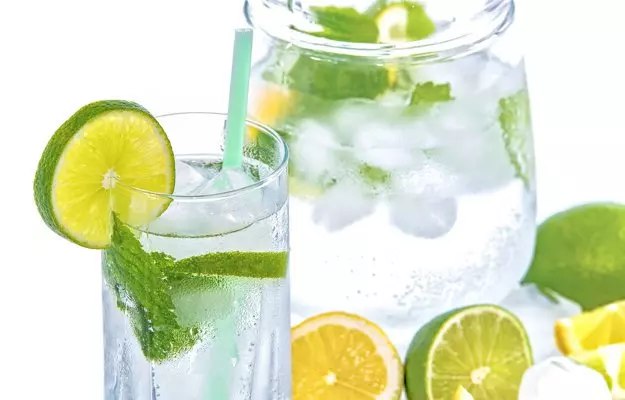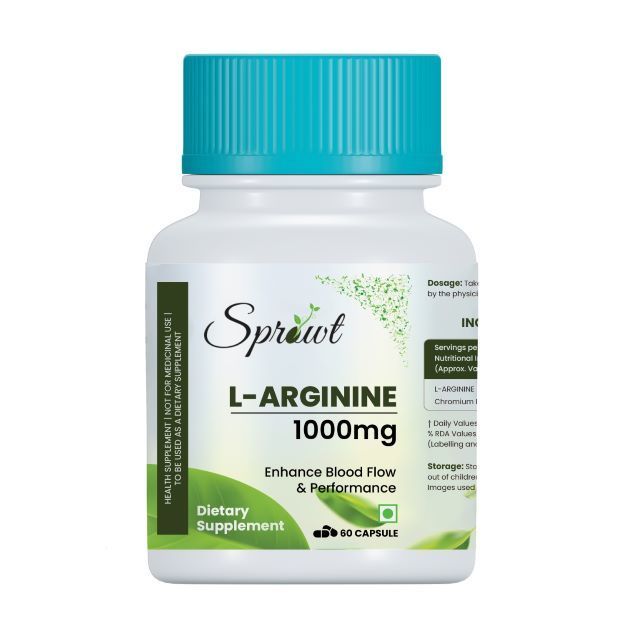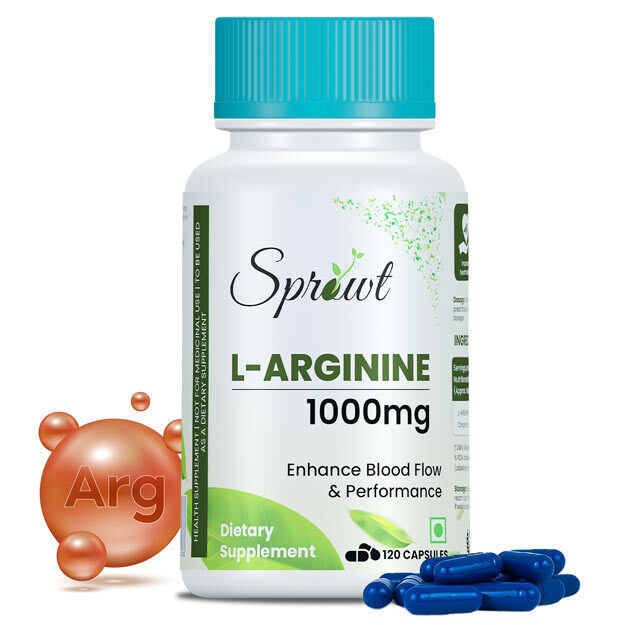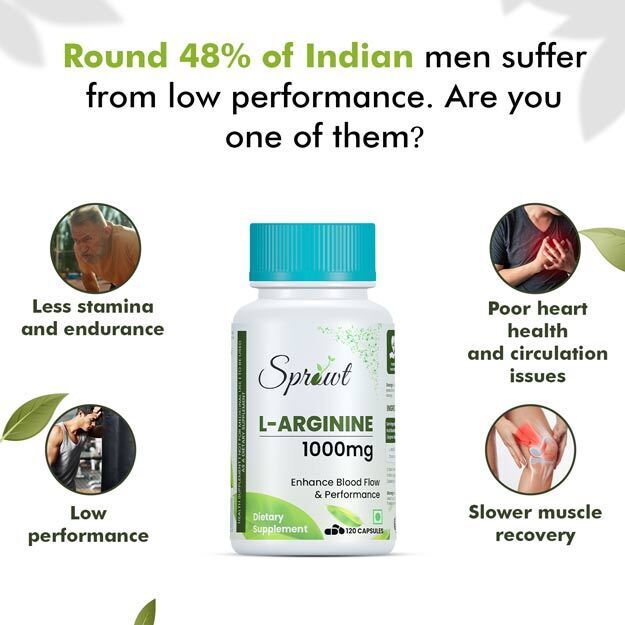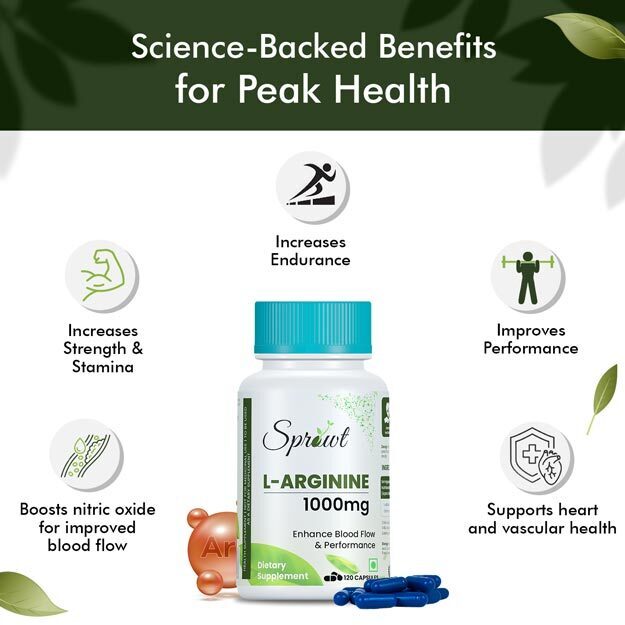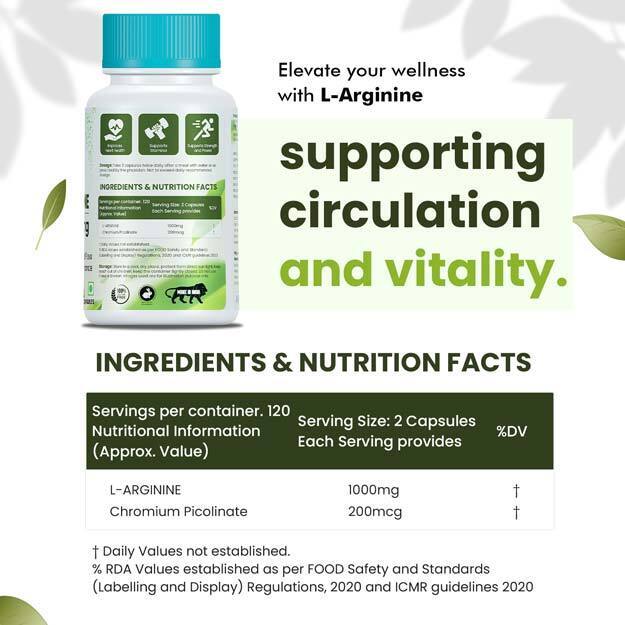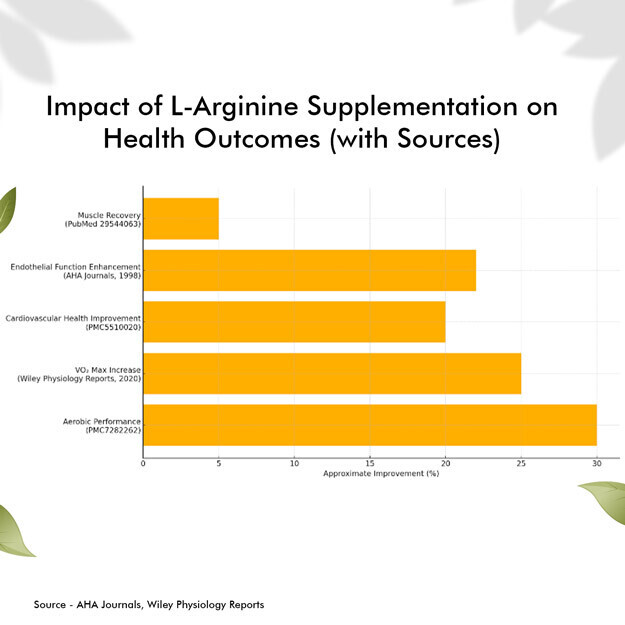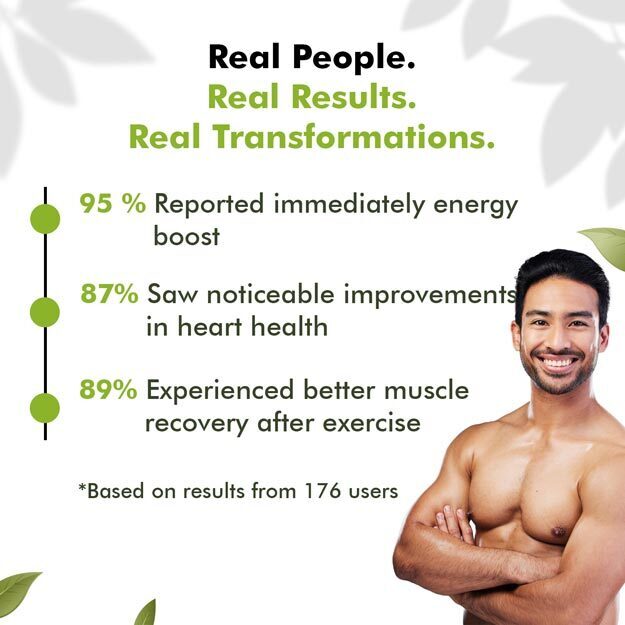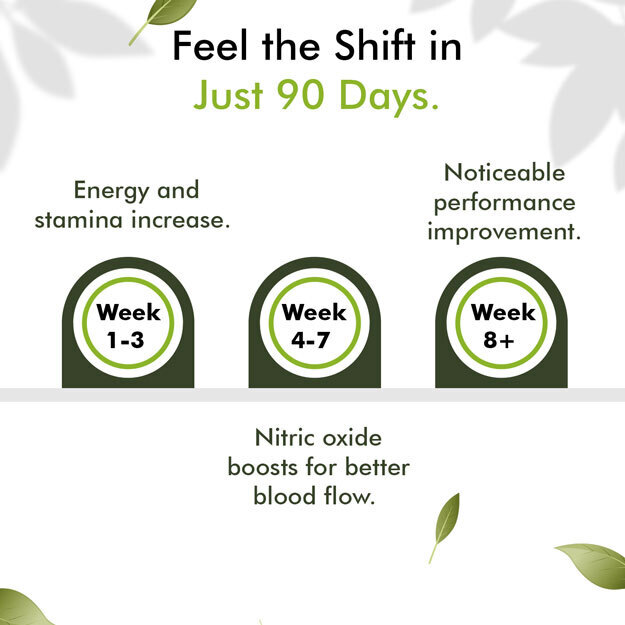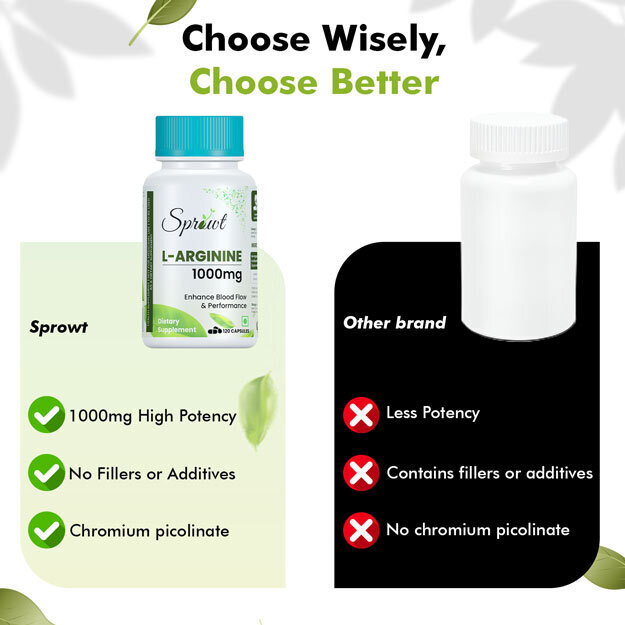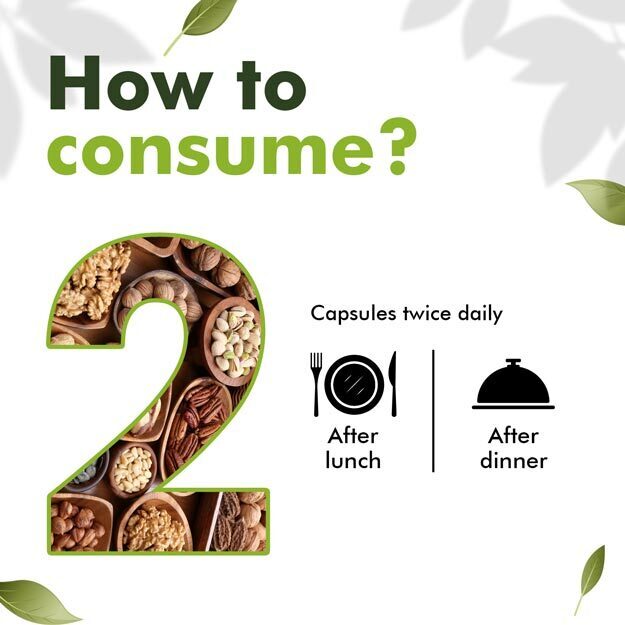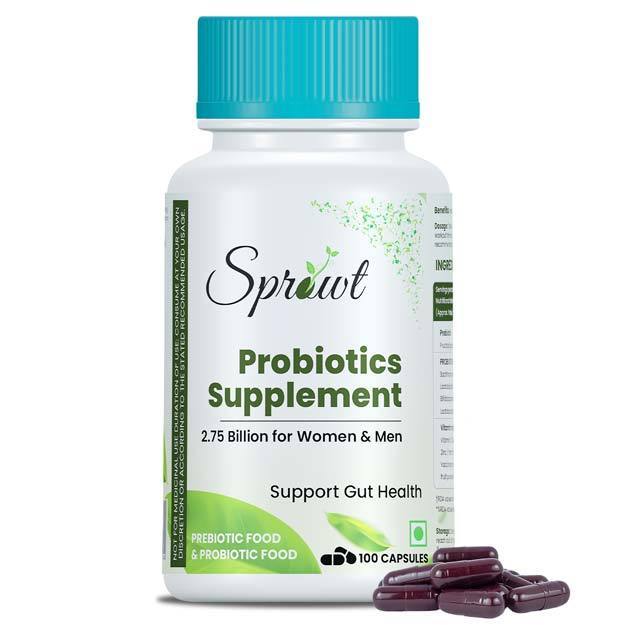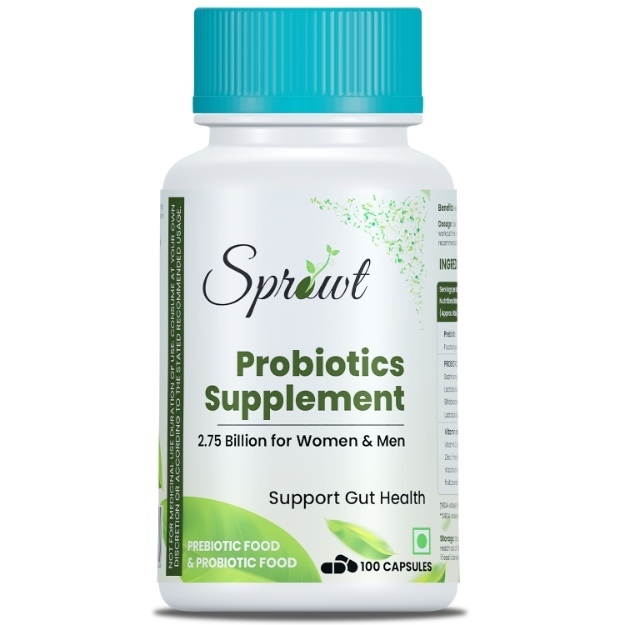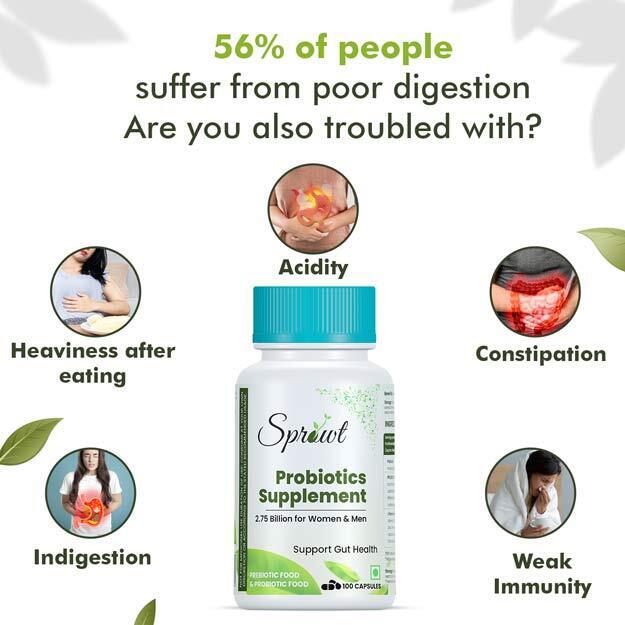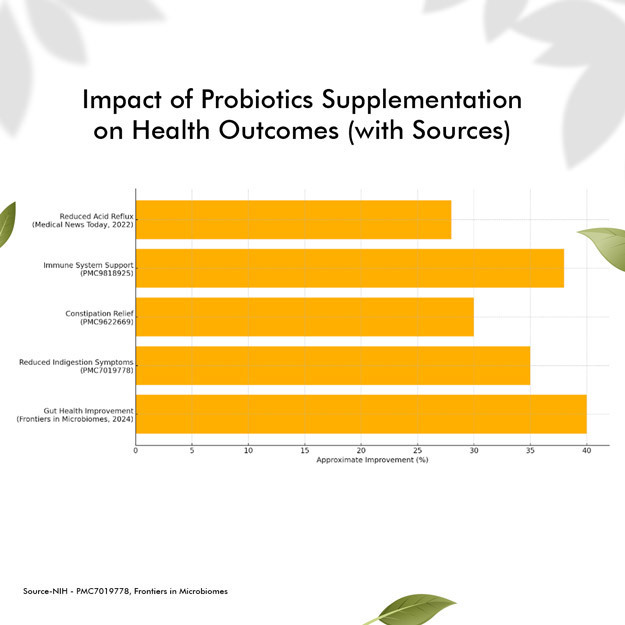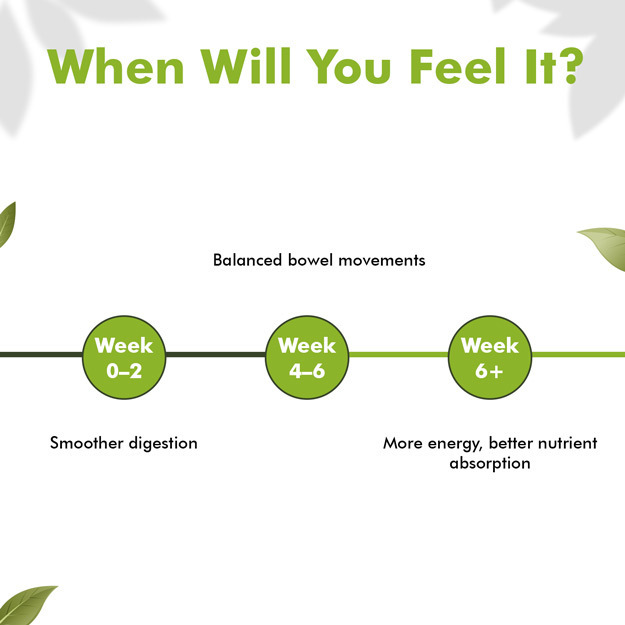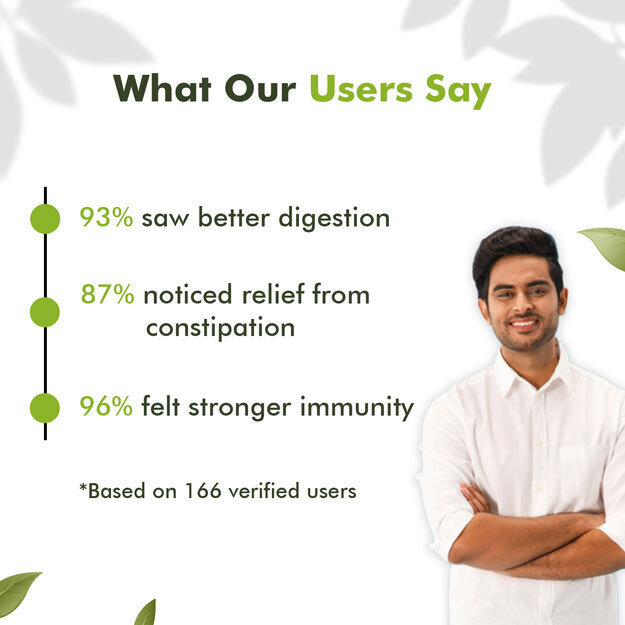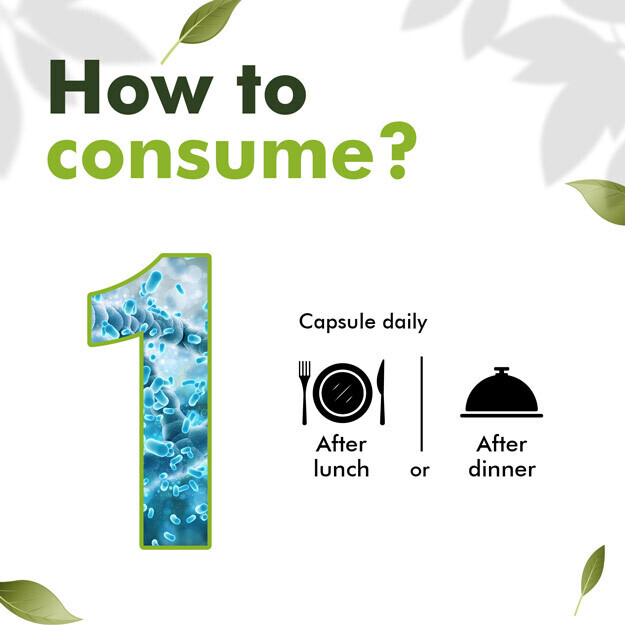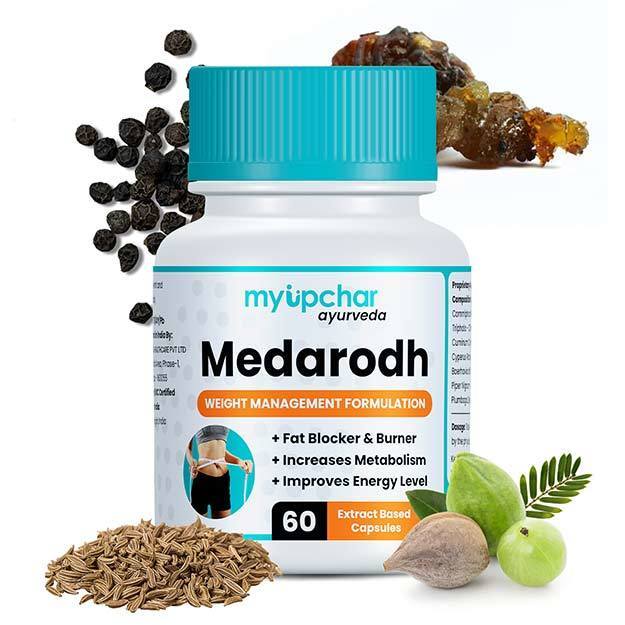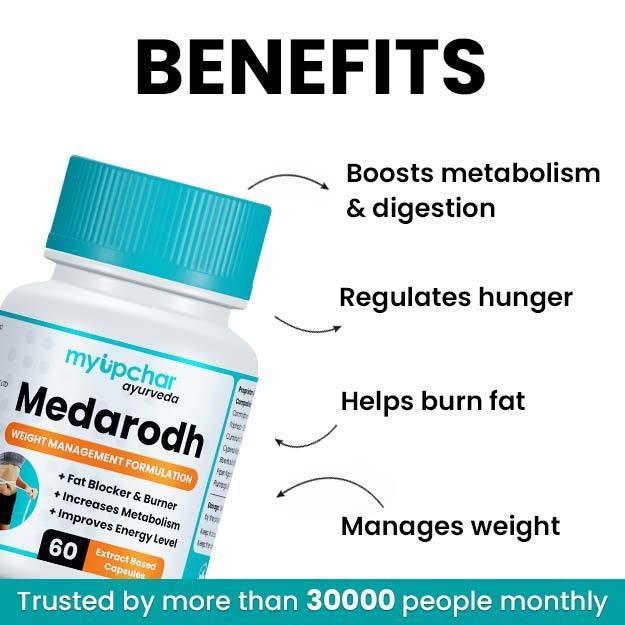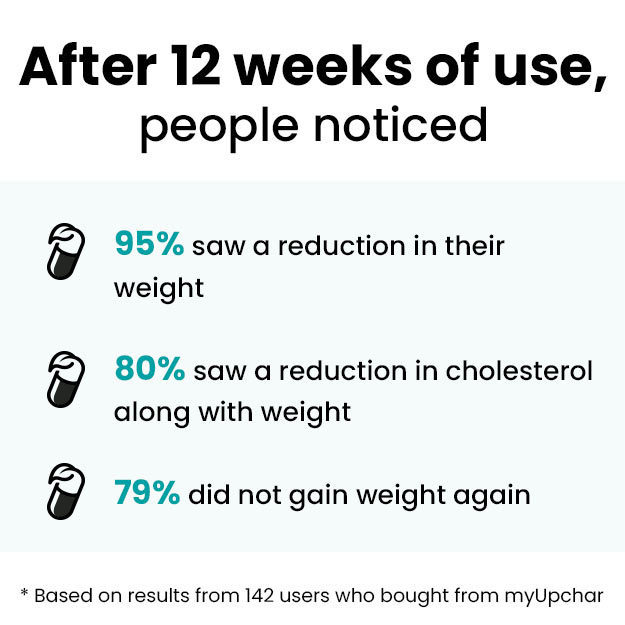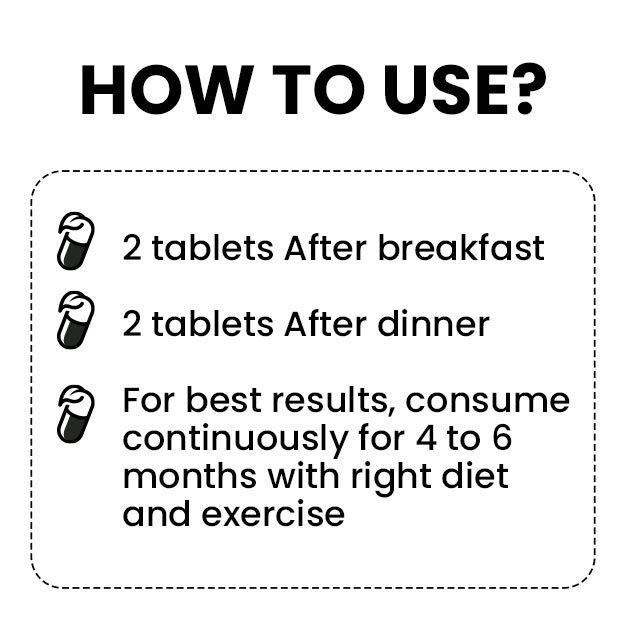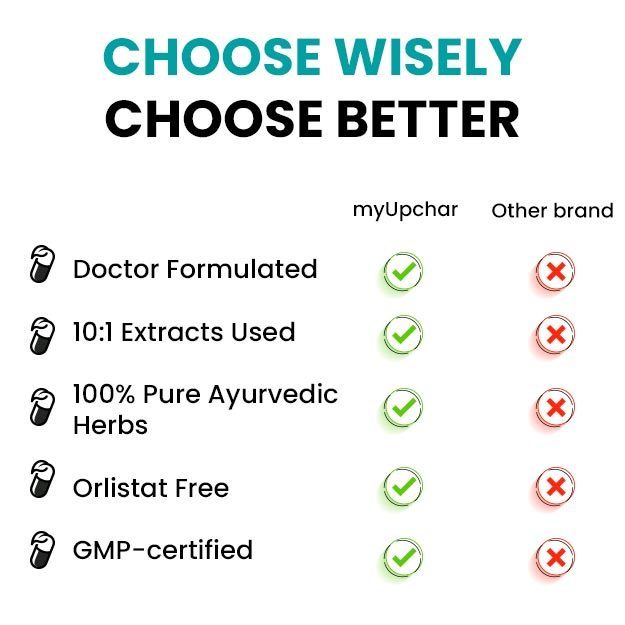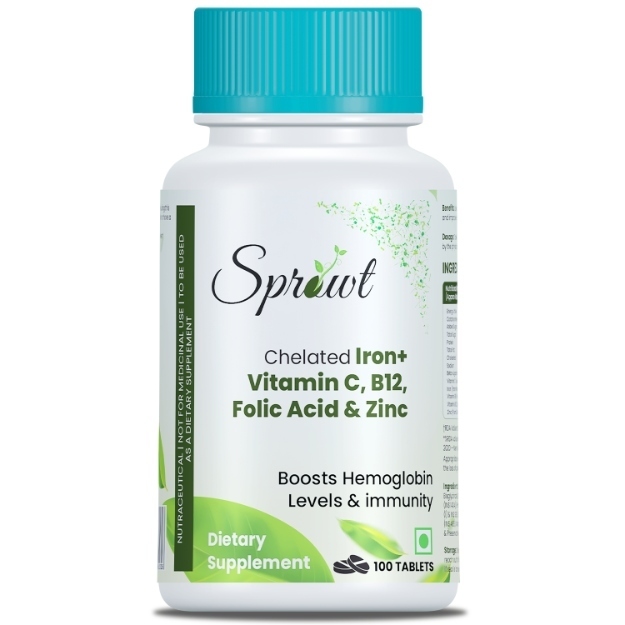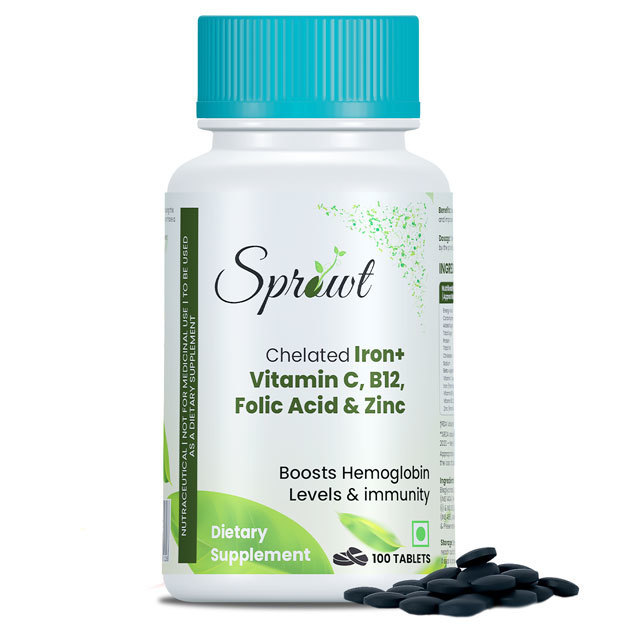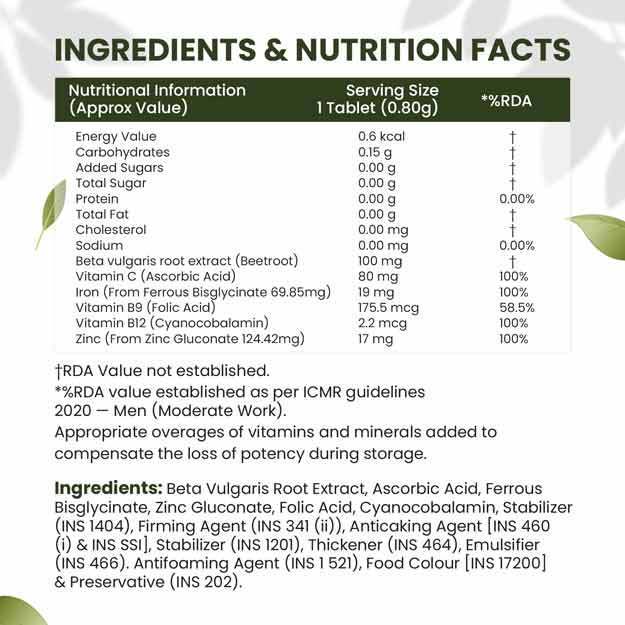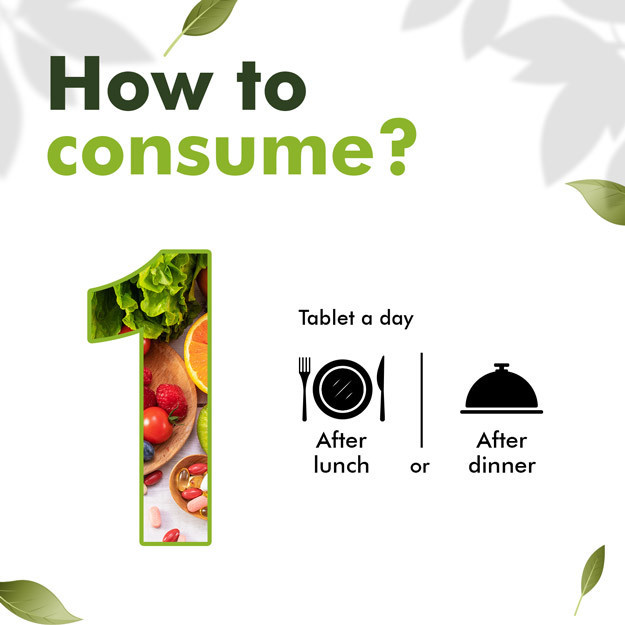Ever wondered about the bubbly beverage that tickles your nose and refreshes your palate? We're talking about soda water, also known as sparkling water, seltzer, or carbonated water! It’s a drink that has gained immense popularity, but how much do you really know about it? Let's dive in and explore everything from how it's made to its potential benefits and side effects.
- What Is Soda Water?
-
Benefits Of Soda Water
- Does Soda Water Clean The Stomach?
- Is Soda Water Food For Digestion?
- Is Soda Water Good For Constipation?
- Is Soda Water Good For Gas?
- Is Soda Water Good For Motion Sickness?
- Can Soda Water Keep The Body Hydrated?
- Is Soda Water Good For Weight Loss?
- Can Soda Water Reduce Appetite?
- Can Soda Water Purify The Body?
- Is Soda Water good For Heart Patients
- Side Effects Of Soda Water
- Is Soda Water Hard To Digest?
- Who Should Not Drink Soda Water?
- Summary
What Is Soda Water?
At its core, soda water is simply water infused with carbon dioxide gas under pressure. This is what creates those delightful bubbles we all love. It's not to be confused with club soda, which often has added minerals like sodium bicarbonate, sodium citrate, or potassium sulfate for a slightly different taste. Think of soda water as the purest form of sparkling water.
Benefits Of Soda Water
Now, let's get to the good stuff! Many people wonder if soda water offers any health advantages. While it's no miracle cure, it does have some interesting points in its favor.
Does Soda Water Clean The Stomach?
While soda water doesn't "clean" your stomach in the way soap cleans a dish, the carbonation can sometimes help with a feeling of fullness and may even encourage burping, which can relieve some stomach discomfort. It's more about a feeling of relief than a cleansing action.
(Read More: How to Clean Your Stomach: Simple Home Remedies)
Is Soda Water Food For Digestion?
For some, soda water can indeed offer digestive benefits. The carbonation can stimulate the secretion of saliva and gastric juices, which may help to break down food more efficiently. Studies have also indicated that carbonated water can improve swallowing ability in both young and older adults, with cold temperatures enhancing this effect. Furthermore, it has been shown to potentially increase feelings of fullness after meals, which might be helpful for portion control. Perhaps one of the most noted benefits is its ability to help relieve constipation, with some research suggesting it can improve bowel movement frequency and alleviate associated symptoms like stomach pain and indigestion. This is thought to occur because the carbon dioxide stimulates the gastric fundus and gastric distension, which are linked to improved gastric and intestinal motility.
However, it's not universally beneficial for all digestive concerns. For individuals who are prone to acid reflux, heartburn, or have sensitive stomachs, the carbonation in soda water can sometimes exacerbate symptoms. The bubbles can cause gas and bloating by distending the stomach, potentially pushing stomach acid back up into the esophagus and triggering discomfort. While plain soda water is less acidic than sugary sodas, it is still slightly acidic, which could be a factor for those with very sensitive stomachs.
(Read More: What is the digestive system and tips for better)
Is Soda Water Good For Constipation?
The primary way soda water might help with constipation is by increasing fluid intake. Staying well-hydrated is crucial for preventing and relieving constipation, as water helps to soften stools and allows them to pass more easily through the intestines. For people who find plain water unappealing or struggle to drink enough of it, the fizziness and perceived novelty of soda water can make hydration more enjoyable and thus encourage greater fluid consumption.
Beyond simple hydration, there's some evidence to suggest that the carbonation itself can play a role. The carbon dioxide bubbles may stimulate the digestive system, specifically promoting gastric and intestinal motility. This gentle stimulation can help "get things moving" in the bowels. Some small studies have indicated that carbonated water can improve the frequency of bowel movements and alleviate associated symptoms like indigestion and stomach pain in individuals experiencing constipation, particularly those with functional dyspepsia or irritable bowel syndrome with constipation.
However, it's important to remember that while it can be helpful for some, soda water isn't a guaranteed cure for constipation. Factors like dietary fiber intake, physical activity, and underlying medical conditions play a much larger role. For those who experience increased bloating or gas from carbonated drinks, the potential benefit for constipation might be outweighed by other digestive discomforts. Therefore, while it can be a useful tool for encouraging hydration and potentially stimulating bowel activity, it should be part of a broader strategy for managing constipation, which includes a high-fiber diet and regular exercise.
(Read More: How to Relieve Constipation Fast: Tips and Tricks)
Is Soda Water Good For Gas?
For some individuals, the carbonation in soda water can facilitate the release of gas. The bubbles can encourage belching, which helps to expel trapped air from the stomach and can alleviate feelings of discomfort or fullness in the upper digestive tract. In these cases, soda water may provide quick, temporary relief.
However, for many others, particularly those with sensitive digestive systems or conditions like Irritable Bowel Syndrome (IBS), carbonated beverages can actually exacerbate gas and bloating. The carbon dioxide gas introduced into the stomach can contribute to increased gas accumulation throughout the digestive tract, leading to heightened discomfort, distension, and potentially more flatulence.
Therefore, whether soda water is "good for gas" depends on how an individual's body reacts to carbonation. If consuming soda water leads to increased bloating or discomfort, it is advisable to choose still water or other non-carbonated beverages.
Is Soda Water Good For Motion Sickness?
Sipping on plain soda water is a classic remedy for motion sickness for many. The fizziness can sometimes help settle a queasy stomach. It's a low-risk option to try if you're feeling a bit green around the gills.
Can Soda Water Keep The Body Hydrated?
Absolutely! At its core, soda water is just water, and water is essential for hydration. If you find plain water a bit boring, soda water can be a fantastic way to increase your fluid intake and stay well-hydrated, especially if you're reaching for it instead of sugary sodas.
Is Soda Water Good For Weight Loss?
When chosen over sugary drinks, soda water can definitely be a friend to your weight loss journey. It contains zero calories, making it a guilt-free way to satisfy your thirst and even feel a bit full, potentially reducing your urge to snack. It's a great substitute for high-calorie beverages.
(Read More: research based tips for weight loss)
Can Soda Water Reduce Appetite?
While not a magic bullet, the carbonation in soda water can create a feeling of fullness in your stomach, which might temporarily reduce your appetite. It's not going to replace a meal, but it could help bridge the gap between meals or curb cravings.
Here’s how it works:
Physical Fullness from Carbonation: The primary mechanism is the gas content. When you drink soda water, the dissolved carbon dioxide gas expands in your stomach. This expansion creates a feeling of physical fullness or distension in the stomach. Your brain receives signals from your stomach that it's filling up, which can temporarily dampen hunger pangs and reduce the desire to eat. Think of it as a temporary "filler."
Zero Calories: Unlike sugary drinks, plain soda water contains zero calories. If you're choosing soda water over a high-calorie, sugary beverage (like a regular soda or juice) when you feel a craving or slight hunger, you're opting for something that won't add to your calorie intake. This calorie-free aspect makes it a beneficial choice for weight management, which is often linked to appetite control.
Hydration: Sometimes, what we perceive as hunger is actually thirst. Drinking any form of water, including soda water, can help you stay adequately hydrated. If your "hunger" was actually a sign of dehydration, then drinking soda water can effectively quell that false signal and reduce your perceived appetite.
(Read More: Benefits of drinking water in the morning)
But you must consider:
Temporary Effect: The feeling of fullness from soda water is usually temporary. As the gas is absorbed or released (through burping), the feeling of fullness will subside relatively quickly. It's not a substitute for a balanced meal.
Individual Variation: Some people might feel more full from it than others.
Not a Nutrient Source: While it can help with appetite, it doesn't provide any nutrients, so it can't replace the nutritional value of food.
Can Soda Water Purify The Body?
Let's be clear: soda water doesn't "purify" your body in the sense of detoxing it. Your kidneys and liver are the true heroes when it comes to purification. However, by helping you stay hydrated, soda water supports the natural functions of these organs, which are crucial for flushing out waste products.
Is Soda Water good For Heart Patients
For heart patients, plain soda water is generally considered safe and a good alternative to sugary drinks. It doesn't contain sodium (unless it's club soda with added minerals, so check the label!), and hydration is always important for heart health. However, as with any dietary change, it's always best to consult with a doctor or registered dietitian if you have specific heart conditions.
Side Effects Of Soda Water
While soda water is generally safe for most people, it's good to be aware of potential downsides.
(Read More: Five foods to make your teeth and gums stronger)
Is Soda Water Bad For Teeth?
This is a common concern! While plain soda water is less acidic than many sugary sodas, it is still slightly acidic due to the carbonic acid formed when carbon dioxide dissolves in water. Over time, frequent exposure to acidic beverages can erode tooth enamel. It's not as damaging as sugary sodas, but it's something to be mindful of. Rinsing your mouth with plain water after drinking soda water can help, and moderation is key.
Study Around Tooth Decay Caused By Soda Water:
This study, titled "The in vitro influences of carbonated water on etched or sealed enamel in accordance with carbonation level and the presence of calcium ions," was published on November 19, 2017. The authors of this research are Hyo-kyung Ryu, Yong-do Kim, Sung-su Heo, and Sang-cheol Kim.
The core finding of this research indicates that carbonated water has detrimental effects on both etched and sealed enamel. This was observed through a measurable decrease in microhardness of the enamel and the physical removal of adhesive material applied to the teeth. Specifically, the study noted significant differences in microhardness changes across the tested groups. With the exception of one group (low-level carbonated water with calcium ions), all experimental groups exposed to carbonated water showed significantly greater microhardness changes compared to the control group. Scanning electron microscopy (SEM) further supported these findings, revealing that etched areas of the tooth specimens were negatively affected by carbonated water, with varying degrees of destruction depending on the group. The adhesive material present on the teeth was also partially removed in all groups subjected to carbonated water.
This was an in vitro study conducted on seventy-five premolar teeth extracted from young adults. These teeth were systematically divided into a control group and four experimental groups. The experimental groups were differentiated based on the carbonation level and the presence of calcium ions in the test solutions. Each tooth was immersed in its respective test solution for 15 minutes, three times daily, over a period of seven days. Following this immersion period, the teeth underwent microhardness and scanning electron microscopy (SEM) tests to assess the impact of the carbonated water.
In conclusion, the study unequivocally demonstrates that carbonated water has negative effects on both etched and sealed dental enamel. These effects manifest as a reduction in enamel microhardness and the detachment of adhesive materials, highlighting a potential concern for dental health, particularly for individuals with etched or sealed teeth.
(https://pmc.ncbi.nlm.nih.gov/articles/PMC5702778/)
Can Soda Water Cause Acidity?
For some individuals, especially those prone to acid reflux, the carbonation in soda water can potentially worsen symptoms. The bubbles can expand in the stomach and push stomach acid upwards.
Can Soda Water Cause Heartburn?
Similar to acidity, the carbonation in soda water might trigger or exacerbate heartburn in sensitive individuals. If you experience heartburn after drinking it, it might be best to limit your intake or avoid it.
(Read More: Heartburn Diet: foods to eat, not to eat, and Indian diet plan)
Does Soda Water Cause Bloating?
Yes, for many people, soda water can cause bloating. The carbon dioxide gas that creates the bubbles also gets trapped in your digestive system, leading to that uncomfortable feeling of fullness and distension. If you're prone to bloating, this might be a reason to cut back.
Does Soda Water Cause Acid Reflux?
As mentioned earlier, for some individuals, the carbonation in soda water can indeed trigger or worsen acid reflux symptoms by increasing pressure in the stomach and potentially forcing stomach acid into the esophagus.
Does Soda Water Cause Inflammation?
There's no scientific evidence to suggest that plain soda water directly causes inflammation in the body. Inflammation is often linked to sugary drinks, processed foods, and unhealthy lifestyles, none of which are inherent to soda water.
(Read More: Healing Your Gut: Natural Remedies for Intestinal Inflammation)
Can Soda Water Cause Ulcers?
No, soda water does not directly cause ulcers. Ulcers are typically caused by H. pylori bacteria or the long-term use of certain medications (like NSAIDs). While soda water might irritate an existing ulcer due to its acidity, it won't cause one.
Is Soda Water Hard To Digest?
For most people, soda water is not hard to digest. In fact, some find it aids digestion. However, for those sensitive to gas or prone to conditions like IBS, the carbonation might lead to discomfort and bloating, making it feel "hard" to digest.
Who Should Not Drink Soda Water?
While generally safe, there are a few groups who might want to limit or avoid soda water:
- Individuals prone to acid reflux or heartburn: The carbonation can worsen symptoms.
- People with sensitive stomachs or IBS: The gas can lead to bloating and discomfort.
- Those with severe dental erosion: If your enamel is already compromised, opting for plain water might be a safer bet.
- Anyone experiencing excessive gas or bloating: If you notice these symptoms after drinking soda water, it's a clear sign your body might not be happy with it.
(Read More: Home remedies for stomach gas)
Summary
Soda water is a refreshing, calorie-free beverage that can be a great alternative to sugary drinks, offering hydration and potentially aiding digestion for some. Making it at home is super easy and environmentally friendly. However, it's not without its potential downsides, especially concerning dental health and digestive discomfort for sensitive individuals. Like with anything, moderation and listening to your body are key! So, go ahead and enjoy your bubbles, but stay informed!

